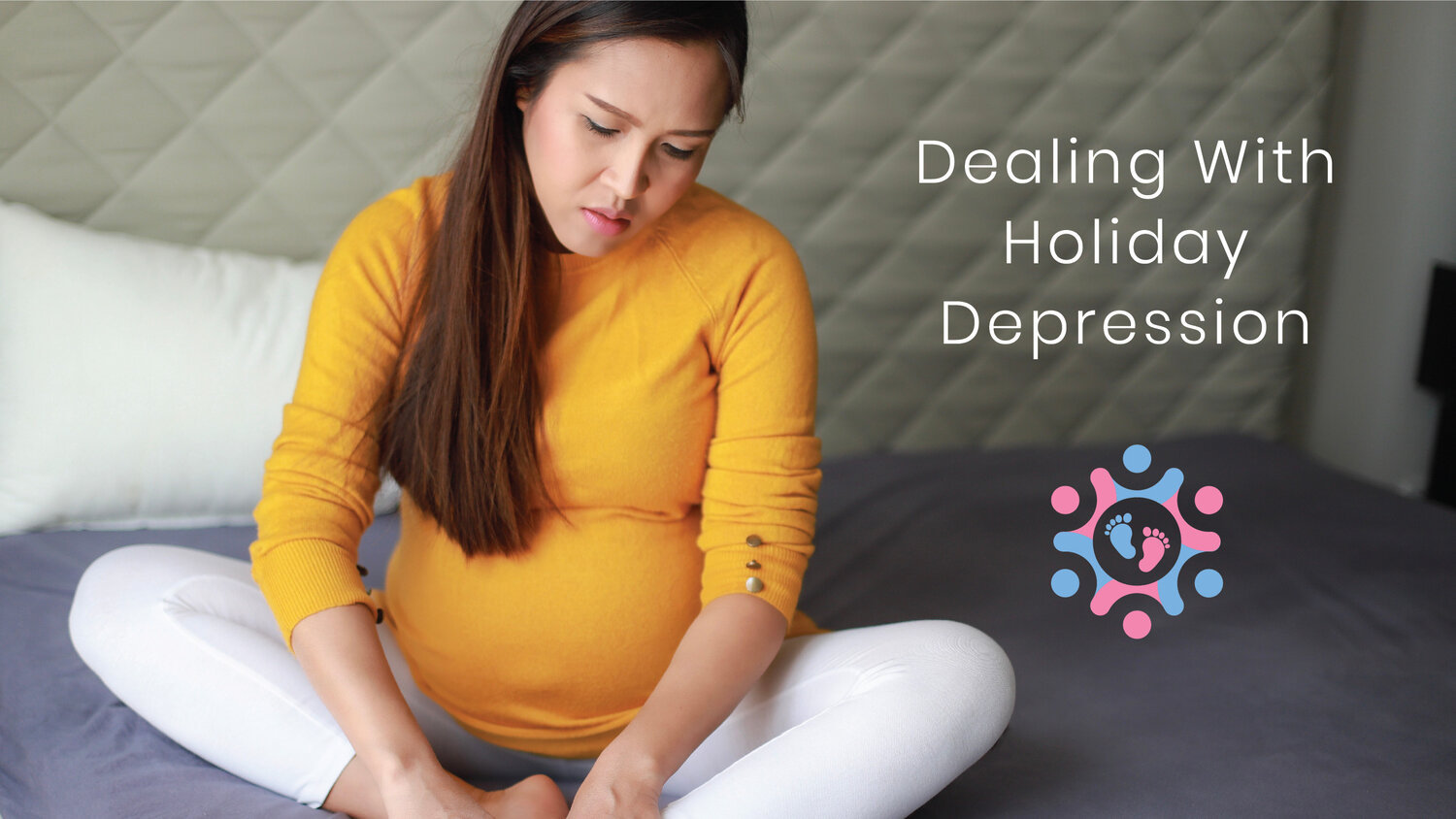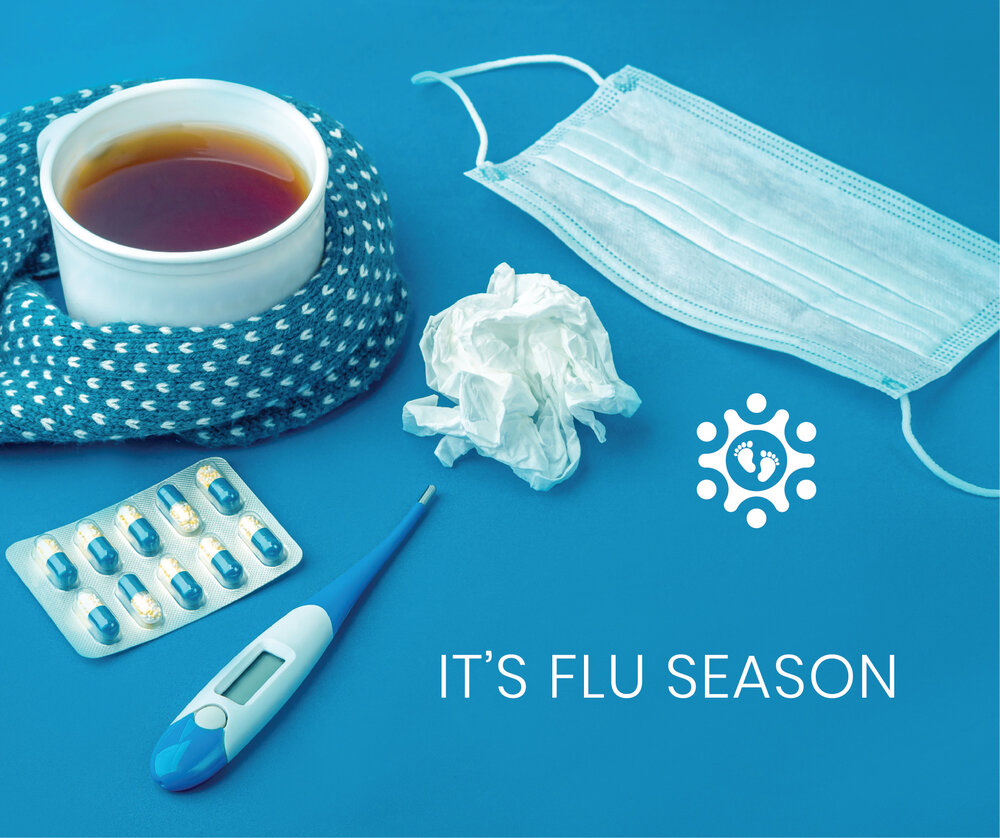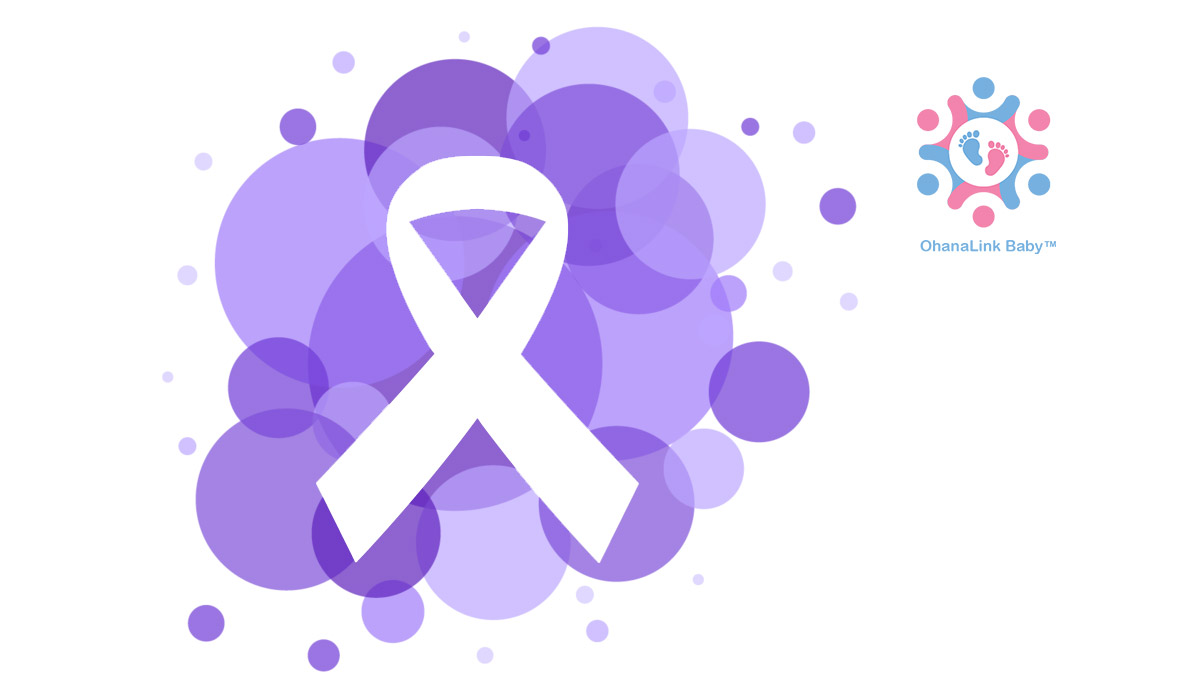Dealing With Holiday Depression

The holidays are a magical time of the year! Family gatherings, holiday parties, the hustle and bustle of holiday shopping, cheerfulness, and carolers singing. The vision of the holidays is something we would expect out of a Hallmark Christmas movie.
For some, the holidays mean additional expenses, overcommitment, an increase in tasks, and ultimately, depression. Depression during the holidays is becoming more and more common. Some of the reasons that we experience depression during this time of the year are because of:
-
Financial concerns. The amount of money that we spend during the holidays is higher than most other times of the year. Not only are we purchasing gifts for others, but also entertaining more in our homes during the holiday season.
-
Unrealistic expectations. We’ve seen the holiday movies and read Christmas books and, through the years, have created an image of what the holidays are “suppose” to be like for us. When reality doesn’t unfold in the same manner as that storybook we envisioned, we get disappointed.
-
Stress. Unwelcomed guests, shopping, preparing for a holiday party are only a few examples that can cause stress during the holiday season.
-
Social Isolation. Some people have a smaller circle of friends and can’t visit family during the holidays. Seeing others attend holiday events and time with family may leave them feeling alone.
Some signs of depression in women include:
-
Persistent sad, anxious, or “empty” mood
-
Feelings of hopelessness or pessimism
-
Irritability
-
Feelings of guilt, worthlessness, or helplessness
-
Decreased energy or fatigue
-
Difficulty sleeping, early-morning awakening, or oversleeping
-
Loss of interest or pleasure in hobbies and activities
-
Moving or talking more slowly
-
Feeling restless or having trouble sitting still
-
Difficulty concentrating, remembering, or making decisions
-
Changes in appetite or weight
-
Thoughts of death or suicide, or suicide attempts
-
Aches or pains, headaches, cramps, or digestive problems without an exact physical cause that do not ease even with treatment
Experiencing depression has increased with women who are pregnant over the years. 1 in 7 women experiences depression, according to a study by JAMA Network Open. Their research showed that:
-
Millennials suffer from depression more than any other generation.
-
Women who received fertility treatments have a higher risk of depression. The increase in depression is primarily due to the side effects of the medication, money worries, and stress created by the outcome’s uncertainty.
-
Women who have anxiety have a higher risk of depression.
Here are some solutions to dealing with holiday stress:
-
Acknowledge your feelings
-
Reach out
-
Volunteer your time or do something to help others
-
Be realistic - the holidays don't have to be perfect
-
Set aside differences
-
Stick to a budget
-
Donate to a charity in someone's name
-
Give homemade gifts
-
Plan
-
Learn to say no
-
Eat healthy meals
-
Get plenty of sleep
-
Exercise
It’s ok to take a breather from everything and take some time for yourself during this hectic time of the year. If nothing seems to help the depression that you feel, get help. Contact your physician or the Suicide Prevention Hotline at 1-800-273-8255 for free and confidential support.
https://suicidepreventionlifeline.org


